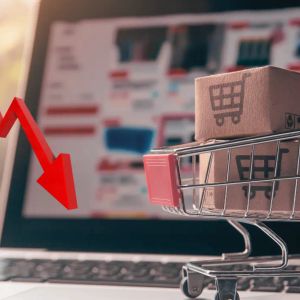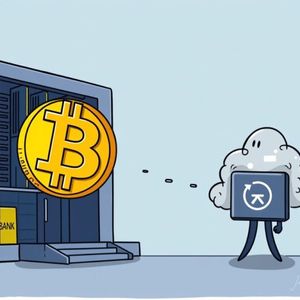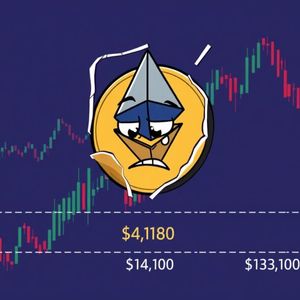U.S. consumer confidence slipped again in August, with the University of Michigan’s final sentiment index falling to 58.2 from July’s 61.7, the lowest in three months. An earlier flash reading had suggested 58.6, showing sentiment weakened as the month progressed. The drop underscores how Americans are becoming more pessimistic about the economy. On the other hand, household confidence is being dragged down by tariff disputes, higher prices, and uncertainty about jobs. Survey director Joanne Hsu said that higher prices and tariff issues were temporarily restraining purchases, especially for cars. The poll found that most Americans are not making large purchases. Buying conditions for durable goods and vehicles were much weaker. High interest rates and price pressures make big-ticket items seem out of reach. Worries about jobs are also going up. 63% of consumers think unemployment will likely rise in the next year. That’s well above the proportion seen a year ago at this time. Economists expect next week’s August jobs report to show more of the same, moderate job growth. The index of consumer expectations — a measure of economic prospects over the next six months- fell to 55.9, the lowest reading since May. There was also a slight decline in the measure of current conditions, dropping to 61.7 from July. Americans keep spending amid inflation pressures Consumer confidence is softening, yet American households continue to spend. Government data released Friday showed that July saw the fastest increase in consumer spending in four months , driven by rising incomes. Despite persistently high prices, strong wages, and a resilient labor market, families have some financial cushion. But the outlook isn’t that rosy. Inflation pressures continue to squeeze budgets. The Federal Reserve’s favored measure, the core personal consumption expenditures (PCE) index, rose 2.9% in July from the year-ago period. That is the highest level since February and an indication that inflation is proving stubborn to tame. The data show that even though shoppers spend , they do so cautiously. Spending more on basics like food, rent, and health care means less available for nonessentials. “As long as wage growth remains solid and price pressures moderate, households will spend,” analysts at Pantheon Macroeconomics wrote in their report on the survey results. Still, they cautioned that spending could weaken in the coming months if wage growth slows or price pressures remain. On Thursday, Federal Reserve Governor Christopher Waller said that the decision on whether to cut rates in August was difficult, but signaled he would support a reduction to ease borrowing costs. Still, many Americans have not felt relief. Credit card balances are near record highs, savings evaporate, and borrowing remains expensive. And even if the Fed follows through and cuts rates, the impact on household budgets could be slow in arriving, economists warned. Inflation expectations are rising Americans are bracing themselves for higher costs in the months to come. The University of Michigan survey also shows that expected short-term inflation rose in August to 4.8% from 4.5% in July. That is the highest since early spring and indicates that households believe inflation will be slower than policymakers anticipated. Expectations for the longer term also ticked up, at 3.5%. This is a shade below the provisional August 3. 9%, but still an indicator of increasing disquiet over the trajectory of prices over the next five to 10 years. Economists consider long-term inflation expectations crucial; if households and businesses think inflation will stay elevated, they can adjust their spending and investment to reinforce higher prices. The increase comes despite the Federal Reserve’s efforts to bring inflation closer to its 2% target. High energy, housing, and consumer goods prices keep households cautious. Large purchases like cars and appliances already feel out of reach for many families. Economists caution that if these inflation expectations continue to increase, consumer behavior could turn more abruptly. Get seen where it counts. Advertise in Cryptopolitan Research and reach crypto’s sharpest investors and builders.














